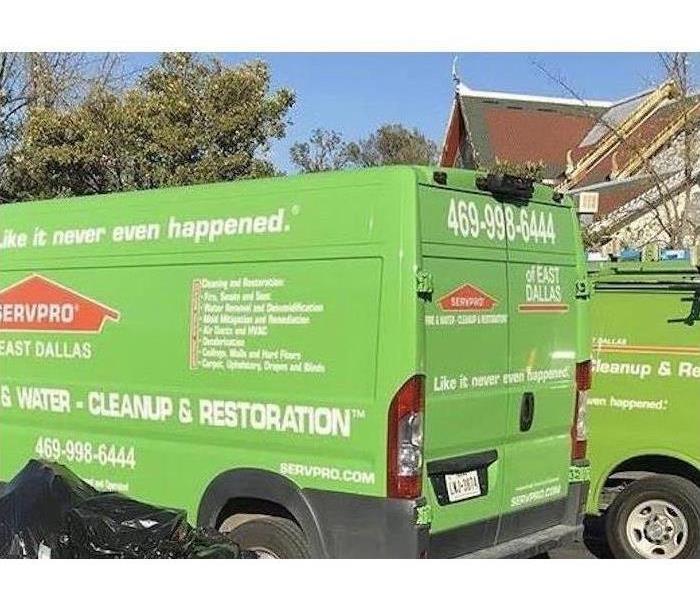When to Call Your Local Plumber
12/27/2023 (Permalink)
Calling a plumber is necessary in various situations where you encounter plumbing issues that you may not be able to handle on your own. Here are some common scenarios when it's advisable to call a plumber:
Leaks:
- Visible Water Leaks: If you notice water leaking from pipes, fixtures, or appliances, it's important to address the issue promptly. Water leaks can lead to water damage, mold growth, and increased utility bills.
- Hidden Leaks: If you suspect a hidden leak (e.g., water stains on walls or ceilings, unexplained increases in water bills), a plumber can use specialized equipment to identify and repair the source.
Clogs:
- Persistent Drain Clogs: If plunging or using chemical drain cleaners doesn't resolve a stubborn clog, a plumber can use professional tools like a drain snake or hydro-jetting to clear the blockage effectively.
- Multiple Clogged Fixtures: If multiple fixtures are clogged simultaneously (e.g., sinks, toilets, and showers), it could indicate a more significant issue within the main sewer line.
Low Water Pressure:
- Sudden Drop in Water Pressure: A sudden decrease in water pressure throughout the house may be a sign of a plumbing issue. A plumber can diagnose and address the cause, whether it's a clog, pipe damage, or a faulty pressure regulator.
No Hot Water:
- Water Heater Issues: If your water heater is not producing hot water or if you notice unusual noises, leaks, or rusty water, it's time to call a plumber. Water heater problems require specialized knowledge for diagnosis and repair.
Burst or Frozen Pipes:
- Burst Pipes: In the event of a burst pipe, shut off the water supply immediately and call a plumber. Burst pipes can cause extensive water damage and require professional repair.
- Frozen Pipes: If you suspect your pipes are frozen, it's crucial to address the issue promptly to prevent bursting. A plumber can assess the situation and thaw the pipes safely.
Installation of New Fixtures:
- New Appliance or Fixture Installation: When installing new plumbing fixtures, appliances, or making significant renovations, a plumber can ensure proper installation, adherence to local codes, and optimal functionality.
Sewer Line Issues:
- Foul Odors or Sewage Backups: If you notice foul odors, gurgling sounds, or sewage backups in drains, it may indicate a problem with the sewer line. A plumber can perform a camera inspection to diagnose and repair issues within the sewer line.
Water Quality Concerns:
- Discolored or Foul-Smelling Water: Changes in water color, taste, or smell could indicate issues with your plumbing or water supply. A plumber can investigate the cause and recommend appropriate solutions.
Gas Line Issues:
- Gas Leaks: If you suspect a gas leak, evacuate the premises immediately and call your gas company. Once the gas company has addressed the immediate danger, a plumber can repair the gas line.
In general, if you are uncertain about how to handle a plumbing issue, it's advisable to consult a professional plumber. Attempting DIY repairs without the necessary expertise can lead to further damage and potentially costly repairs. A licensed plumber has the knowledge and experience to diagnose and resolve a wide range of plumbing issues efficiently and safely.






 24/7 Emergency Service
24/7 Emergency Service
